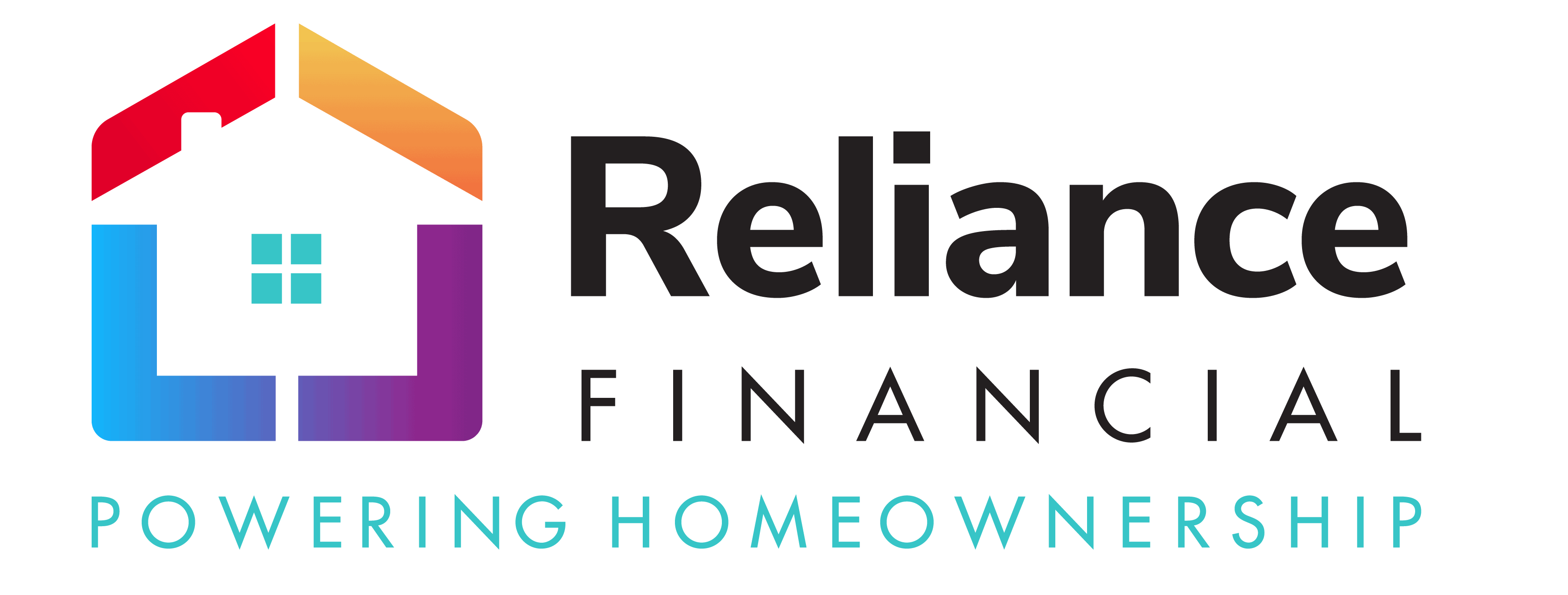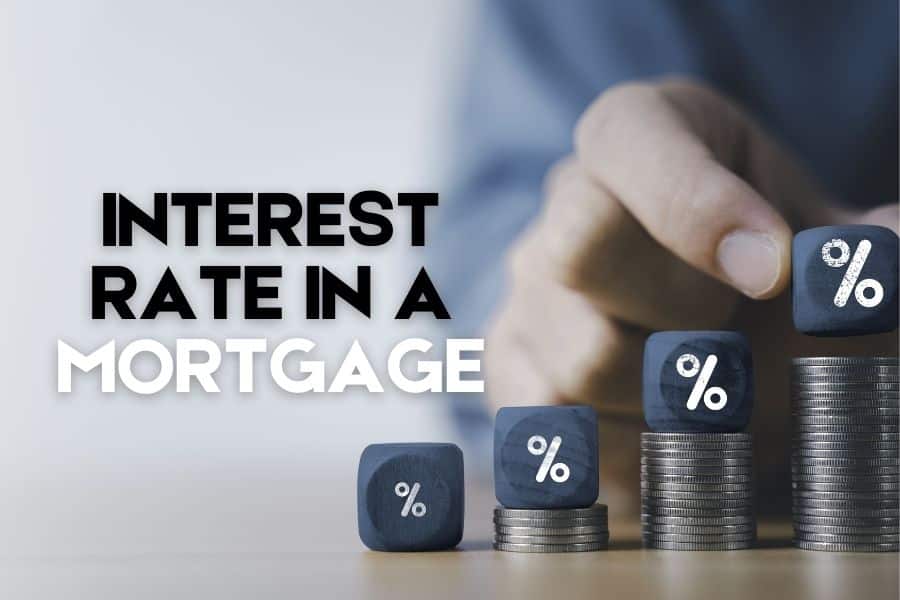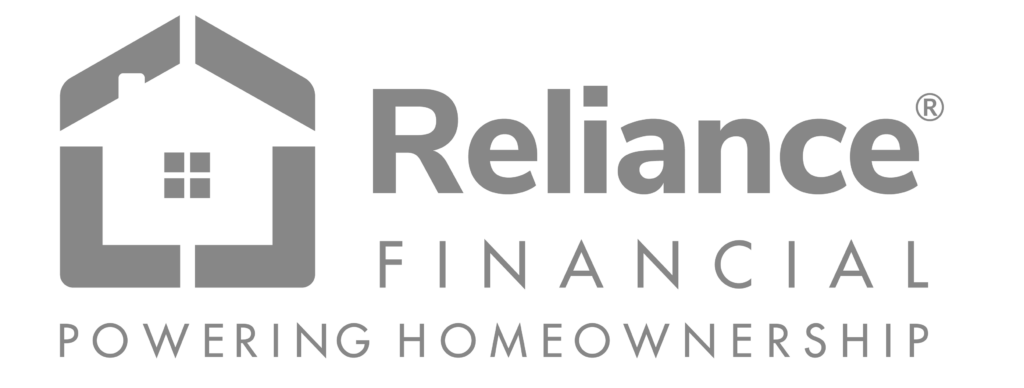While searching for their dream home, people often focus only on the location, layout, interior, and design—but they forget one crucial number that can make or break the purchase: the interest rate on the mortgage. It might seem like a small number, but it can have a big effect on the whole process of buying a home. The interest rate determines how affordable the home will be and how much you will pay over the life of the loan.
If you do not know the actual cost of your home purchase, you should not commit to a mortgage rate. Understanding the interest rate is essential if you are planning to buy a home using a mortgage. This detailed guide will explain what an Interest Rate in a Mortgage and how it’s calculated. Stay connected!
Understand Interest Rate
The interest rate is directly related to the cost of borrowing money. This rate is expressed as a percentage, which is decided by the mortgage lender and charged annually.
In other words, paying a fee for borrowing money from any lender. This fee plays a major role in determining your overall monthly mortgage payments.
How Do Interest Rates Work in a Mortgage?
A mortgage loan is often essential when borrowing money to purchase a home or property for long-term use. But how does the interest rate actually work? Let’s break it down with an example:
Suppose you take out a loan of $50,00,000 at an annual interest rate of 8% for a period of 20 years. You’ll be required to pay 8% interest each year on the loan amount (or the remaining balance after the down payment) over the course of those 20 years.
What are the Types of Mortgage Interest Rates?
Interest Rate in a Mortgage generally fall into two major categories:
Fixed-Rate Mortgage
With a fixed-rate mortgage, the interest rate remains the same throughout the entire loan term, regardless of whether the market rate is high or low. This means your monthly payment stays consistent, making it easier to plan your finances over time.
Pros.
- The prediction of the monthly payment is easy
- No risk in case of rising rates
Cons.
- Its initial rate is higher than adjustable rates.
Adjustable Rate Mortgage
An adjustable-rate mortgage (ARM) means that your interest rate, and therefore your monthly payment, can change over time based on fluctuations in market interest rates. As rates rise or fall, your monthly payments may increase or decrease accordingly.
Pros.
- Low interest rate in the initial
- The monthly payment can be decreased if the mortgage rate goes down.
Cons.
- If the rate rises, then the monthly payment will also rise
- Lack of monthly payment prediction
How to Calculate the Interest Rate in a Mortgage?
For calculating the mortgage interest rate, a formula is used:
- Monthly Interest = Loan Amount × Annual Interest Rate/12
Note: To make the interest rate calculation easier, you just have to use the Reliance Financial Mortgage Affordability Calculator.
Which Factors Affect the Interest Rate in a Mortgage?
Some factors that affect the mortgage rate:
Credit Score: A buyer’s credit score significantly affects the interest rate. Lenders use it to assess your creditworthiness and borrowing history. If your credit score is low, you’ll have a lower chance of securing the best (lowest) interest rates.
Loan Amount: The size of the loan also impacts the interest rate. Generally, larger loan amounts may come with higher interest rates, while smaller loans may qualify for lower rates.
Loan Term: The length of the loan plays a key role in determining the interest rate. For example, a 30-year loan often carries a higher interest rate compared to shorter terms like a 5-year loan, which typically offers lower rates.
Market Condition: Various market conditions, such as inflation, central bank policies, and overall economic trends, can significantly affect mortgage interest rates. During periods of inflation, mortgage rates tend to rise. This is often due to increased borrowing costs and, in some cases, higher demand for housing.
Down Payment: The down payment, which people pay at the start of a loan, also affects the mortgage rate. A larger down payment means you will need to borrow a smaller loan amount, which often qualifies you for a lower interest rate
Tips that can Save you from High Mortgage Rates
Reliance Financial is sharing some important tips that can save you from high mortgage rates. Let’s see:
- Improve Your Credit Score Before Applying
Do not apply for a mortgage until your credit score improves, as a good credit score can help you secure better interest rates and more favorable loan options.
- Increase Down Payment
If you are planning to buy a home in the next few months, aim to save for a larger down payment. A bigger down payment can help you qualify for a lower interest rate, as you’ll be borrowing less money. Additionally, making a large down payment may allow you to avoid paying private mortgage insurance (PMI), offer long-term savings, and financial peace of mind.
- Choose Shorter Loan Term
Shorter loan terms usually come with lower interest rates, which can save you money over time. Whenever possible, aim for a shorter term. Later, you can always refinance your mortgage based on your financial situation and preferred loan type.
- Shop Around and Compare Lenders
One of the biggest mistakes homebuyers make is choosing the first lender they speak with. Never rush into locking in a mortgage without comparing multiple options. Take the time to research and compare different lenders. Then, choose the one that offers the most favorable terms and fits your financial needs.
- Lock in Your Mortgage Rate at the Right Time
Locking in your interest rate is a crucial step in the mortgage process. If you find a rate that fits your budget and financial goals, lock it in promptly to protect yourself from potential rate increases.
FAQ for Interest Rate in a Mortgage
Q. Does employment type affect the mortgage rates?
Answer: Yes, Employment type also affects your mortgage rate, as self-employed people have to face slightly higher interest rates compared to normal employees.
Q. I am planning to sell my home in 5 years. Which mortgage loan should I select?
Answer: If you have a short-term plan for home purchase, then you should go for a 5-year mortgage loan, which will be beneficial for you with a lower interest rate paid.
Q. How much time mortgage rates change?
Answer: Mortgage rates change based on inflation, Federal Reserve Bank policies, and many other factors that affect mortgage rates. These rates can be changed daily, weekly, monthly, and even multiple times in a day.
Q. What’s the interest rate if I take a joint mortgage loan?
Answer: If you and your loan partner have strong credit scores, then you can easily qualify for a lower mortgage rate.





